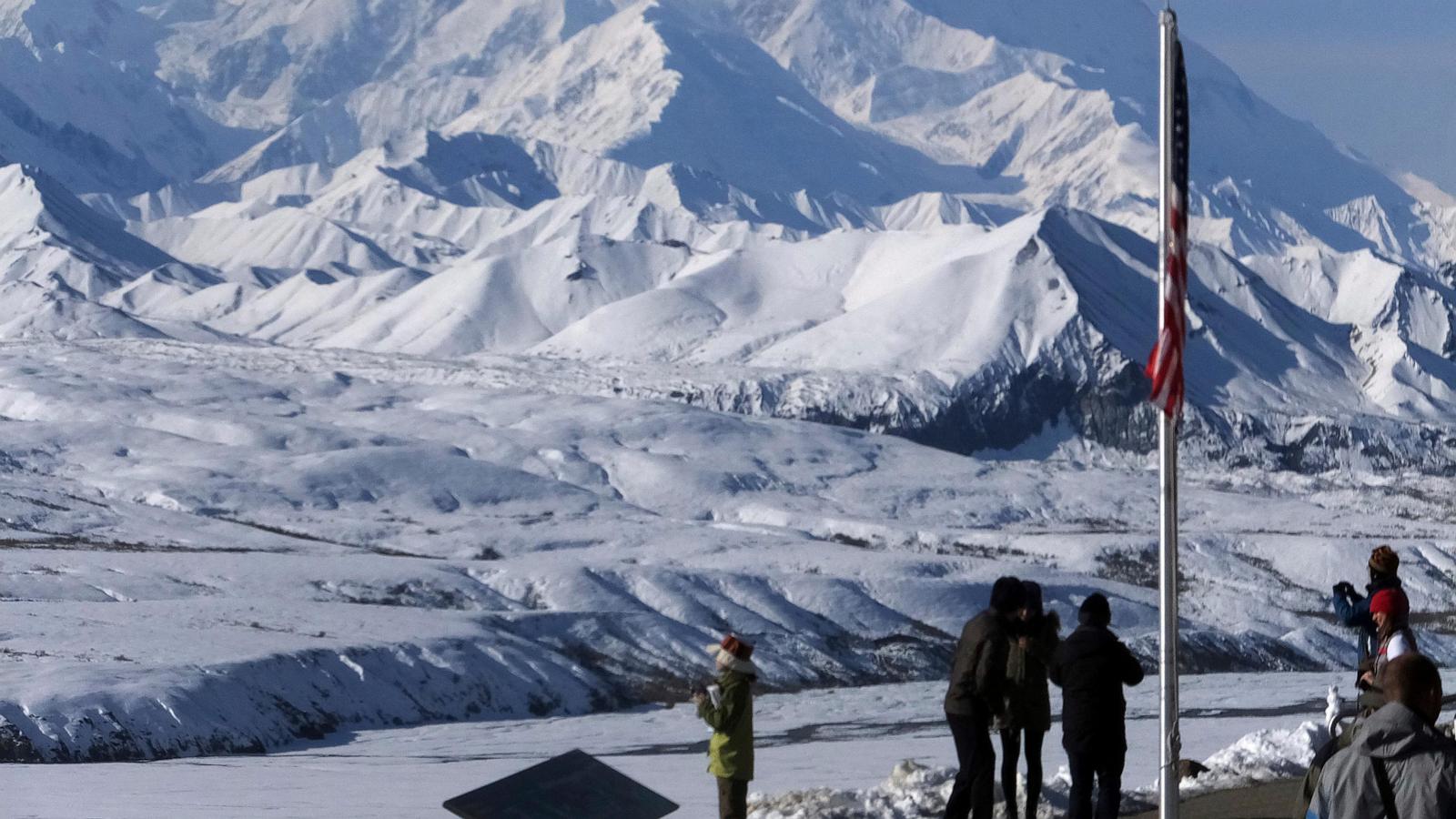Denali or Mount McKinley? The Great Alaskan Mountain Name Debate Ignites Again!
The name of North America's highest peak has once again become a point of contention, sparking a renewed debate between preserving historical legacy and respecting indigenous heritage. President Trump's recent vow to reinstate the name "Mount McKinley" has reignited this passionate discussion, leaving many wondering: What's in a name, and why does it matter so much?
The History of Denali's Name: From "The High One" to Mount McKinley and Back Again
The mountain, towering 20,310 feet above sea level, originally received the name Denali from the Koyukon Athabascan people—its name meaning "the great one." However, the name "Mount McKinley" emerged in 1896 when a prospector bestowed it on the majestic peak after President William McKinley. This naming, however, wasn't reflective of Alaska Native traditions and local preferences.
Alaska's Plea for Recognition
For decades, the state of Alaska continuously championed for the adoption of Denali. Alaska, since the 1970s, appealed to the federal government in an effort to reclaim the indigenous name for the peak, underscoring a significant gap between historical conventions and local identity.
The Obama Era Change and the Subsequent Backlash
The name change to Denali was successfully championed during the Obama administration. While many Alaskans rejoiced at this affirmation of their heritage, opposition persisted from groups highlighting President McKinley’s legacy and from the state of Ohio. The decision sparked fervent discussions across the nation, forcing people to consider the competing interests that go into naming geographical landmarks.
The Trump Administration and its Attempt at Renaming
President Trump, in a move to honor William McKinley and challenge existing historical nomenclature, stated that he wanted to restore the peak’s old name in an act that felt more in line with prioritizing history. In the years following the name change, the call for "Mount McKinley" resonated with certain factions, who highlighted the rich presidential heritage of the peak. This move re-ignited an already potent debate and added fresh layers of complexity to an issue which had started to appear to be resolved.
Political Fallout from a Mountain Name
The push to rename Denali to Mount McKinley has prompted intense political backlash. Alaska's Senator Lisa Murkowski, along with several other members of Alaska's Congressional delegation, has resolutely defended the preservation of "Denali," arguing for an acknowledgement of the rich Athabascan heritage. Senator Murkowski asserts the importance of recognizing the peak's long-standing traditional significance.
The Role of Indigenous Peoples in the Debate
The Tanana Chiefs Conference, a collective of Athabascan tribes in Alaska, voiced a forceful argument for acknowledging Denali as a cornerstone of their ancestral heritage. This underscores the deep significance the name carries for their communities and for their enduring legacy.
The Significance of Names and their Cultural Weight
The debate over Denali/Mount McKinley demonstrates how much significance we assign to the names we choose. Names are cultural artifacts, bearing the weight of history, identity, and respect for communities and historical traditions. It showcases how political ideologies and historical naming practices clash against local narratives, demonstrating the often delicate balance needed in deciding and confirming a suitable label.
The Importance of Indigenous Recognition
The push for Denali highlights a broader movement toward acknowledging and prioritizing the importance of respecting and recognizing the names assigned by indigenous communities to land and features long held sacred in their tradition.
Take Away Points
The ongoing debate surrounding the name of North America's tallest peak serves as a stark reminder of the intersection between history, politics, and cultural identity. Understanding both sides of the debate is critical to appreciating the complexity of this issue and promotes respectful consideration of different viewpoints. The controversy emphasizes the role of name choice in establishing political and social precedence as well as the often-competing aims between remembering heritage, honouring historical figures, and acknowledging modern concerns. It compels us to examine critically how we reconcile honoring the past with the need to ensure a more representative present.









